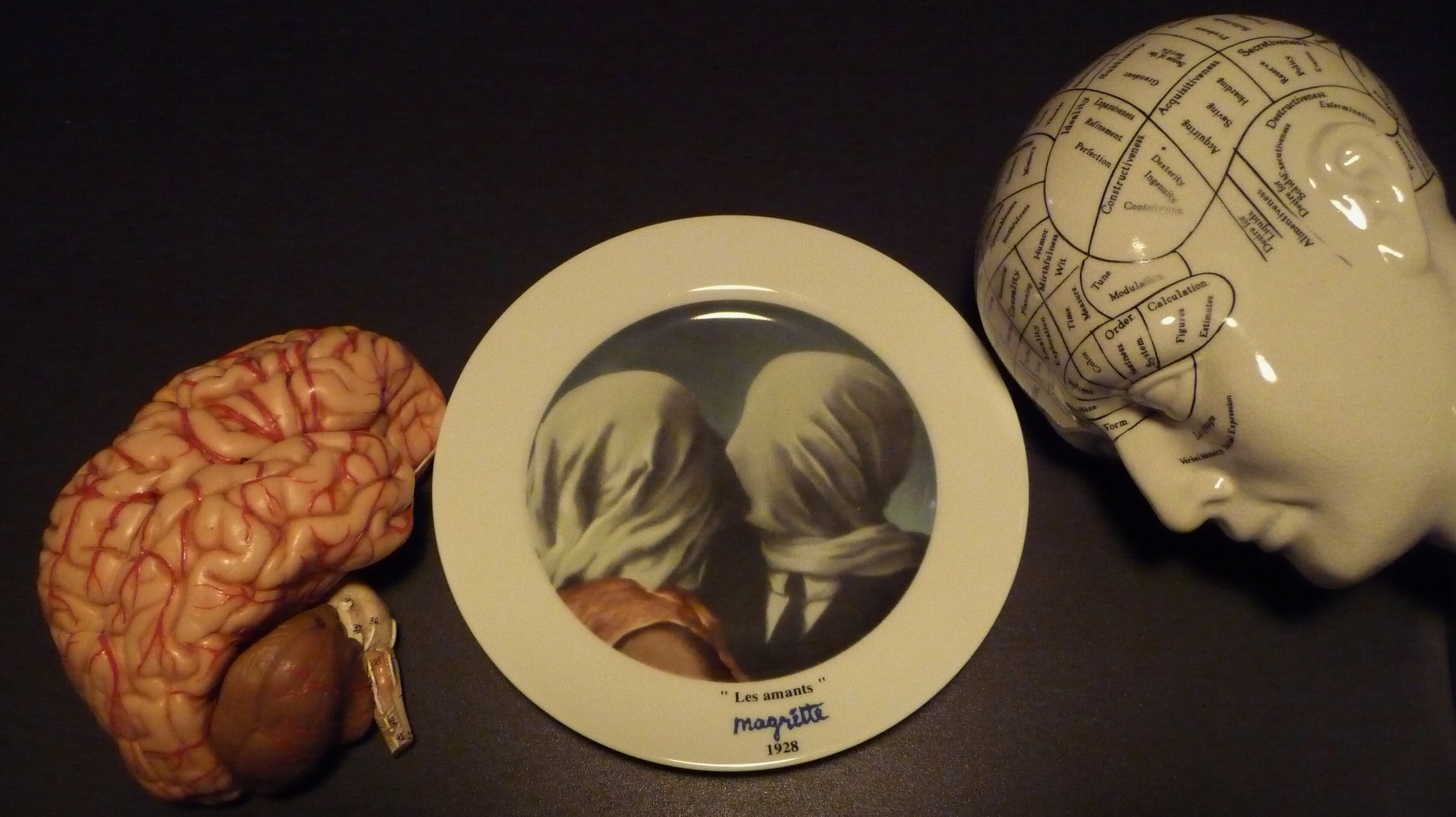
Vision

The goal of speech therapy is to optimise the quality of life as much as possible for someone with a voice, speech, language, cognitive, communicative and/or swallowing disorder.
- Speech therapy is individualised. Before we start a treatment, we always carry out extensive testing. We determine what the precise cause is and what the characteristics of the disorder are. We also look at what the impact is on your daily functioning and well-being.
- During the treatment, we focus on the disorders, as well as activities and participation (participation in social life) that are important for the person. Learning how to cope with the limitations as best as you can and learning how to use various aids is also an important part of the therapy. During treatment, we use the strengths and resting capabilities of each person. The treatment goals are re-evaluated on a continuous basis and in consultation with the patient.
- We include the environment as much as possible in the treatment. To do this, we give individual information and tips. Our speech therapists also hold all sorts of group information sessions (e.g. how to cope with dementia, Parkinson's Disease and a stroke). If necessary, a training session on how to deal with the environment can be made for the patient.
- We collaborate with other care providers (e.g. physicians, occupational therapists, dietitians, physiotherapists and psychologists) and with other health-care organisations (e.g. Revales in Merelbeke and residential care centre De Lichtervelde).
- We believe in the importance of specialisation within speech therapy. All of our speech therapists follow postgraduate continuing education or other content training. We also work according to the scientific guidelines (evidence-based speech therapy). Various team members work together to develop new test and therapy materials.
Interesting literature
Something wrong or unclear on this page? Report it.






